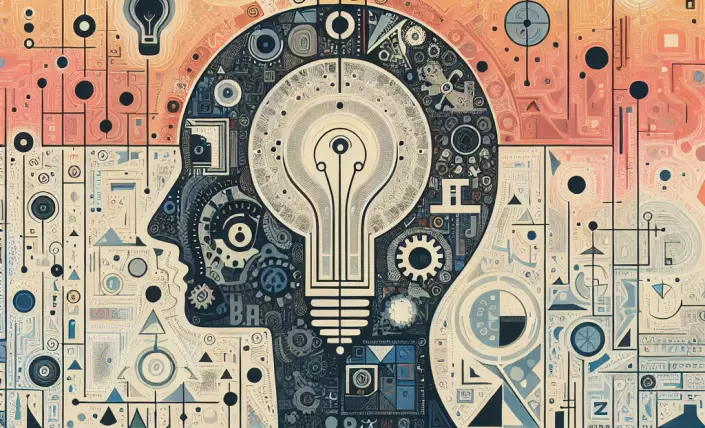In the realm of philosophy, paradoxes often serve as gateways to deeper understanding. They challenge our conventional thinking and beckon us to explore the complexities of life that resist simple explanations. Gilbert Keith Chesterton, the eminent philosopher and writer, had an uncanny ability to weave paradoxes into his works, prompting readers to consider the intricate dance between seemingly contradictory ideas. His reflections encourage us to embrace the nuances of life, offering a richer, more profound comprehension of our existence.
Paradoxes, by their nature, defy straightforward logic, yet they are not necessarily irrational. They reveal the multifaceted nature of reality, where two opposing truths can coexist, each illuminating the other. Chesterton's philosophy invites us to consider how such contradictions can lead to harmony rather than confusion. For instance, the paradox of humility and pride: recognizing our smallness in the vast universe can simultaneously elevate our understanding of our unique place within it. This duality fosters a balance between self-awareness and self-exploration, allowing us to appreciate the beauty of our limitations while striving for personal growth.
Moreover, Chesterton's exploration of the paradox of joy in suffering provides an insightful lens through which to view life's challenges. In his view, the ability to find light within the darkness is not merely a coping mechanism but a testament to the resilience of the human spirit. This paradox suggests that suffering is not an end but a transformative process that enriches our understanding of joy. By embracing the complexity of this relationship, we are encouraged to approach adversity with a sense of curiosity rather than despair, recognizing that our trials can lead to unexpected revelations.
Another significant aspect of Chesterton's philosophy is the paradox of freedom and restraint. At first glance, these concepts appear mutually exclusive; however, Chesterton argues that true freedom is often found within the boundaries of discipline. This notion challenges the prevailing belief that liberation is synonymous with the absence of limitations. Instead, Chesterton posits that self-imposed constraints can foster creativity and innovation, as they require us to navigate within set parameters, thus enhancing our problem-solving abilities and encouraging us to think beyond conventional frameworks.
The exploration of paradox extends to the realm of faith and doubt. Chesterton suggests that doubt is not the antithesis of faith but an integral component of it. This paradoxical relationship underscores the dynamic nature of belief, where questioning and skepticism are not signs of weakness but rather indicators of a robust and evolving faith. Through this lens, doubt becomes a catalyst for deeper understanding and a tool for refining one's convictions. It is in the interplay between certainty and uncertainty that we find a more authentic and resilient faith that can withstand the tests of time.
Finally, Chesterton's reflections on the paradox of individuality and community offer a profound commentary on the human condition. He asserts that our individuality is enriched through our interactions with others, and our personal identity is shaped by the communities to which we belong. This interdependence highlights the paradox of seeking personal fulfillment while contributing to the collective good. In recognizing that our greatest strengths often lie in our connections with others, we are encouraged to cultivate a sense of belonging that transcends the superficial divisions that often fragment society.
In conclusion, Chesterton’s philosophical musings remind us that life is not a series of binary choices but a tapestry of interwoven paradoxes that invite contemplation and deeper understanding. By embracing the contradictions inherent in our experiences, we open ourselves to the richness and complexity of life, allowing us to navigate its challenges with grace and wisdom. In a world often driven by the quest for certainty, Chesterton’s appreciation of paradox serves as a timeless reminder of the beauty of embracing the unknown, offering us a path to a more nuanced and fulfilling existence.










